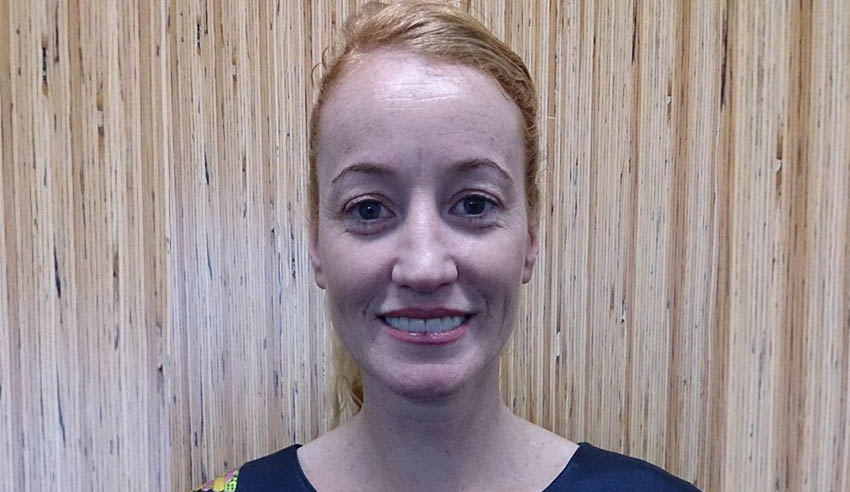Australia is the only Western liberal democracy without a federal charter of rights. The unprecedented federal police raids on our media and the Morrison government’s current focus on religious freedoms highlight Australia’s urgent need for one, writes Kerry Weste.

Recently, the AFP conducted raids on Annika Smethurst and the ABC. Annika Smethurst’s story, published one year ago, suggested the Australian Signals Directorate was seeking to broaden its powers to spy on Australians without their knowledge. The ABC’s investigations of two years ago involved a series of leaked confidential documents which exposed allegations of war crimes by Australian special forces soldiers. Both stories are clearly matters of public interest. The raids have raised very serious concerns regarding freedom of expression and future media freedom in Australia. They have given rise to calls for a Media Freedom Act.
Liberal senator Concetta Fierravanti-Wells has gone further and called for a standalone Religious Freedom Act that would give greater legal heft to the demands set out by church leaders, Christian schools and other faith-based institutions.
However, the government has been criticised for not proposing to introduce legislation to protect other groups not covered by existing anti-discrimination laws.
Australia has signed up to be bound by the seven core international human rights conventions and has been elected to the UN Human Rights Council, yet Australians continue to live without the human rights protections enjoyed by citizens in comparable countries across the Western world. This means we can’t affect appropriate and proportionate balancing between “national security” and freedom of expression or between religious rights and other rights.
While measures aimed at improving human rights protections for Australians should be welcomed, we can do much better than cherry-picking which international human rights to protect. Singling out freedom of the press or freedom of religion, or any other human right, does not reflect Australia’s international legal obligations to protect all other human rights equally and, in that sense, fails to understand the necessary interrelation between all human rights.
Australia’s international human rights treaty obligations should be enshrined in Commonwealth legislation. This cannot be done on a piecemeal basis. For example, the rights contained in Article 18 of the International Covenant on Civil and Political Rights which establish the right to freedom of thought, conscience and religion, are not superior to other human rights. There is no hierarchy of human rights.
What that means is that one person’s right to freedom of religion does not trump another’s to live a life free from discrimination. Human rights laws are indivisible, interdependent and interrelated. They come as a package. Human rights entail both rights and obligations. Insofar as we are ourselves entitled to the protection of human rights, we also have the obligation to respect all of the human rights of others, and not just their religious rights or their right to freedom of expression.
In the case of religious freedoms for instance, the federal government appears to have completely misunderstood the concept. Religious freedom includes the freedom to follow any religion as well as the freedom not to follow any religion at all — otherwise, it would not be religious freedom but religious compulsion.
While the government seems to be proposing legislation aimed at protecting Christians and their sensibilities, it fails to understand that legislation protecting the expression of “religious” views will logically protect expressions of all religions, and of atheism and agnosticism as well. What happens, then, when these differing views conflict?
Likewise, we must ensure that measures designed to protect “national security” do not diminish our democracy. Legislation must provide a proportionate, necessary and reasonable response to the perceived harms the government seeks to address. When we abandon key democratic principles, such as a press that is free to report on matters of public interest without the journalist and their source being treated as possible criminals, then it is us and not the terrorists who will have damaged our own way of life and undermined our democracy. We must think about the kind of society we want before removing our democratic checks and balances in the name of “national security”.
Only human rights jurisprudence and a federal human rights framework can solve these questions.
In 2008, the National Human Rights Consultation Committee recommended the Federal Parliament adopt a Human Rights Act similar to legislation in place in Victoria and the ACT. Last year, Queensland passed a Human Rights Act. Eleven years later, Australia continues to lag behind the rest of the world at a federal level.
The basic rights and freedoms of all Australians must be protected, but currently they are not. Recently, we have been witnessing human rights scandal after scandal whether it be raids on journalists, Don Dale and abuses in youth detention, epidemics of abuse in aged care or in the disability sector. The sad and sorry list goes on and on.
The government has run out of excuses as to why it won’t properly protect the rights of all Australians and should explain why it prefers to selectively protect the rights of some.
The Morrison government should rethink its current approach and commit to joining nearly every other democracy as a modern nation that protects the values we all hold dear, like fairness and equality. The Australian people deserve nothing less and now is the perfect opportunity for the Morrison government to initiate discussions on how that can be best achieved.
Kerry Weste is the president of ALHR, which was established in 1993 and is a national association of Australian solicitors, barristers, academics, judicial officers and law students who practise and promote international human rights law in Australia. ALHR has active and engaged national, state and territory committees and specialist thematic committees. Through advocacy, media engagement, education, networking, research and training, ALHR promotes, practises and protects universally accepted standards of human rights throughout Australia and overseas.